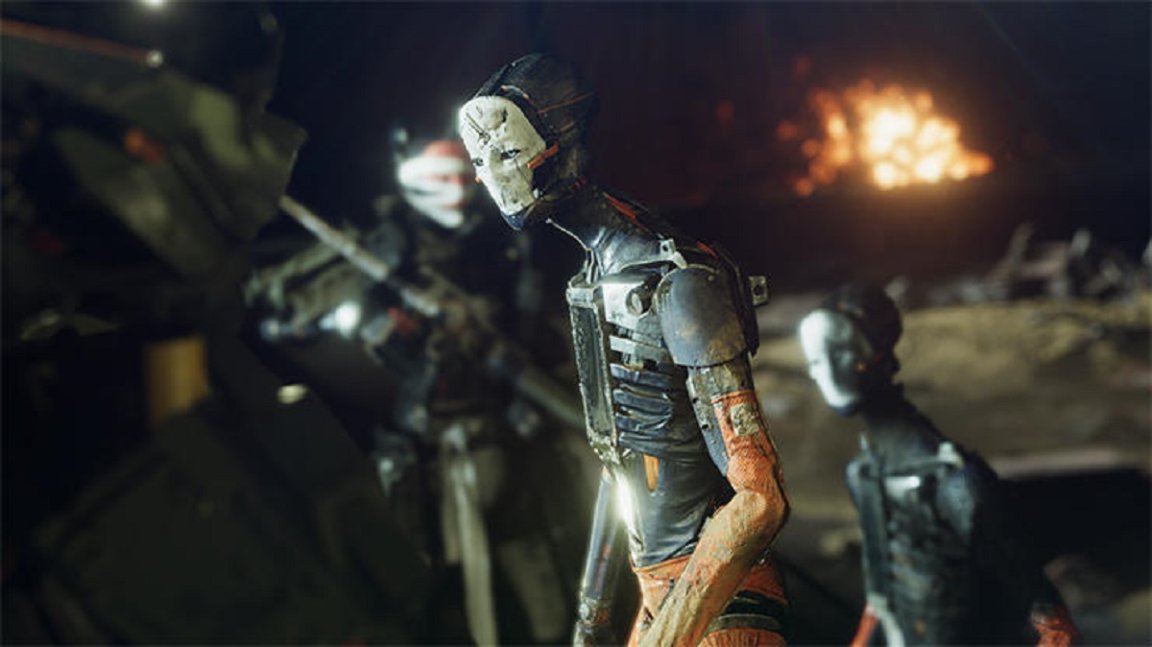
Unified Backlash
The popular game engine Unity announced an extremely controversial change earlier this week to its payment structure that universally has game developers fuming and horrified.
“It’s just a betrayal,” Rami Ismail, a game developer and renowned industry spokesperson, said in a post on X. “The whole Unity thing betrays every dev that tried out Unity and stuck with it.”
In short, Unity is retroactively mandating that after January 1, 2024, it will take a small cut every single time a game running its engine is installed, rather than sticking with the accepted practice of charging an upfront licensing fee.
If the scheme goes through, it will throw a wrench into the operations of practically every party involved. And the longer the saga unspools, the more questions are left unanswered. (More on that at the end.)
The backlash, though, is as clear as day, with many developers that depend on Unity saying that it will no longer be sustainable for them to use the engine.
Runaway Fees
Per its blogpost, Unity wants its “runtime fee” to work like this: game devs who use the engine for free will incur a $0.20 per install fee once their game surpasses 200,000 downloads and $200,000 in revenue.
Upgraded Unity tiers, which cost several thousand dollars per year, bump those thresholds to 1,000,000 installs and $1,000,000 in revenue, for a marginally lowered per install fee that still plans to run as high as $0.15.
For many small indie studios, those extra costs may be too much to absorb — but, it’s worth noting, it’s not just about the money.
“It hurts because we didn’t agree to this,” wrote Garry Newman, founder of Facepunch Studios, in a scathing blog post. “We used the engine because you pay up front and then ship your product. We weren’t told this was going to happen,” he added.
“We have spent 10 years making ‘Rust’ on Unity’s engine. We’ve paid them every year. And now they changed the rules.”
Always a Bigger Fish
Following the fallout, Unity scrambled to clarify its scheme in a new FAQ. Predictably, it did little to conciliate livid game devs, and in the process, made its plans seem even more hare-brained.
The most baffling detail to emerge is that it turns out Unity will charge the fee not directly to the developer, but “to the entity that distributes” a game running the Unity engine.
That means that huge game storefronts like Steam, Playstation, and Xbox, will potentially be on the hook for paying Unity its silly little fee. And good luck with that.
“If they think they can strongarm Nintendo, Xbox, or Sony into footing the bill for this, they are out of their goddamn minds,” games journalist Ian Boudreau posted on BlueSky.
We’ll have to see how those distributors — the biggest fishes in gaming — will take to Unity leaving its pond. But it probably won’t be well.
More on video games: Guy Complains Images From Video Game Look Bad, But They’re Real NASA Photos of Mars